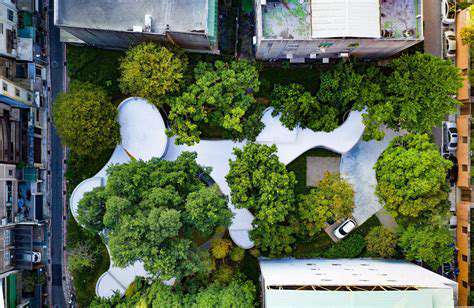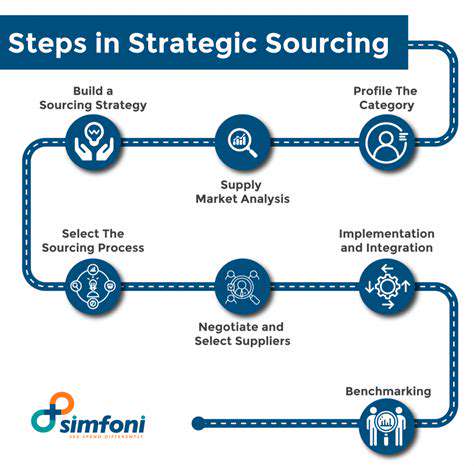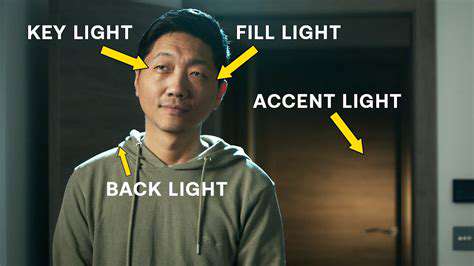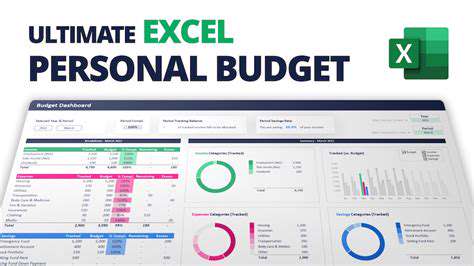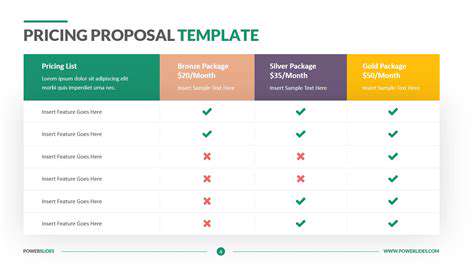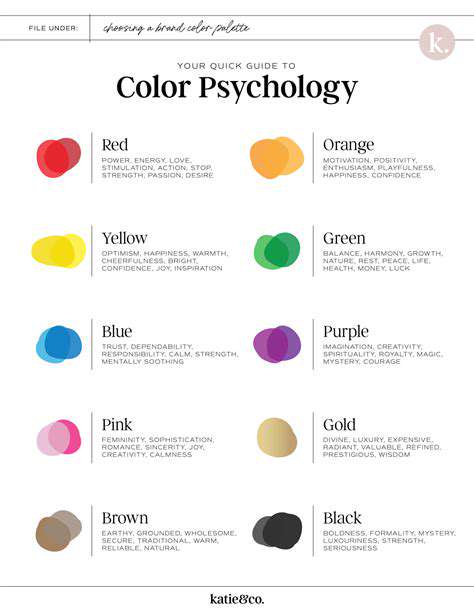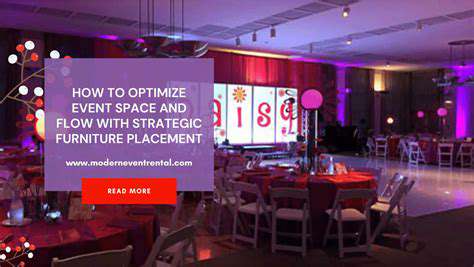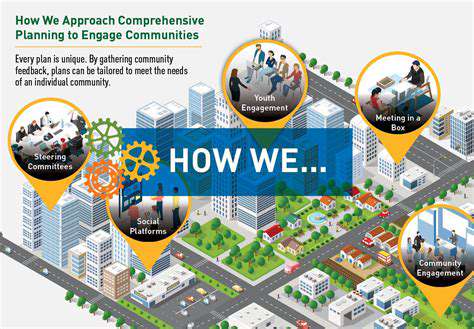Professional Home Space Optimization for Maximized Interior Efficiency
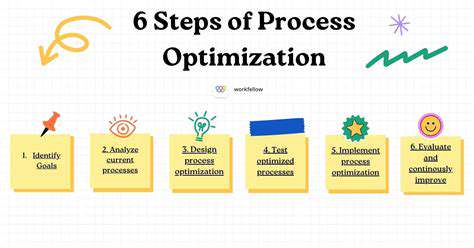
Understanding Your Current Situation
Before embarking on any significant project, it's crucial to assess your current situation thoroughly. This includes identifying your existing resources, both tangible and intangible. What tools, skills, and knowledge do you already possess? Acknowledging these existing strengths is vital to building upon them and avoiding unnecessary duplication of effort.
Furthermore, a clear understanding of your current limitations is equally important. Are there any gaps in your knowledge or skills that need addressing? Identifying these areas allows you to proactively plan for necessary training or resource acquisition, ultimately leading to a more effective and efficient project outcome.
Identifying Key Objectives
Clearly defining your objectives is paramount to any successful endeavor. What specific outcomes are you hoping to achieve? Clearly articulated goals provide a roadmap for your efforts and ensure that every action contributes directly to the desired results. These objectives should be measurable, achievable, relevant, and time-bound (SMART). This framework will help you track your progress and make necessary course corrections along the way.
Evaluating Available Resources
A comprehensive evaluation of available resources is essential. This includes assessing financial resources, personnel, time constraints, and technological capabilities. Realistic resource assessments enable you to make informed decisions and avoid over-extending yourself or your team. Understanding what you have available will allow you to plan strategically and avoid unnecessary costs or delays.
Careful consideration of these factors ensures that your project remains feasible and achievable within the confines of your resources.
Setting Realistic Expectations
Setting realistic expectations is crucial for project success. It's essential to acknowledge that challenges and setbacks are inevitable. Having realistic expectations helps you to approach obstacles with a more positive and pragmatic mindset. By anticipating potential difficulties, you can develop contingency plans and navigate potential roadblocks effectively.
Prioritizing Tasks and Milestones
Prioritizing tasks and setting milestones is essential for effective project management. This process helps ensure that the most critical tasks are addressed first, maximizing efficiency and minimizing risks. Prioritization allows for a focused approach to problem-solving, ultimately leading to a smoother and more predictable project timeline. By breaking down larger objectives into smaller, manageable milestones, you create a clear path forward and stay motivated throughout the process.
Defining Success Metrics
Defining success metrics is vital for evaluating the effectiveness of your project. How will you measure success? Establishing quantifiable metrics allows you to track progress objectively and make data-driven decisions throughout the project. This provides a benchmark against which you can measure your achievements and identify areas for improvement. It is important to ensure these metrics are relevant to your overall goals and objectives.

GPUs, or Graphics Processing Units, are specialized electronic circuits designed to rapidly manipulate and alter memory to accelerate the creation of images in a frame buffer intended for output to a display. Their architecture is fundamentally different from traditional CPUs (Central Processing Units), allowing them to excel at parallel processing. This parallel processing capability is crucial for tasks involving massive amounts of data, such as those found in graphics rendering, scientific simulations, and deep learning.
Decluttering and Minimalism for a Streamlined Aesthetic

Decluttering Your Home for a Stress-Free Life
Decluttering your home is more than just tidying up; it's a significant step towards a more peaceful and organized living space. A cluttered environment often mirrors a cluttered mind, leading to increased stress and anxiety. By consciously removing unnecessary items, you create a sense of calm and spaciousness, both physically and mentally. This process encourages mindful living and helps you appreciate the things that truly matter.
The act of decluttering forces you to confront items you may have accumulated over time. This introspection can be surprisingly beneficial, helping you identify and release attachments to possessions that no longer serve a purpose. It's an opportunity to evaluate your needs and desires, and potentially let go of things that are holding you back.
Minimalism: Embracing Less for a Fulfilling Life
Minimalism is a philosophy that encourages living with less. It's not about deprivation, but about intentionally choosing possessions that bring joy and value to your life. This intentional selection process often leads to a deeper appreciation for the things you do have.
Embracing minimalism can significantly reduce the stress associated with managing possessions. The less you own, the less you have to clean, organize, and worry about. This newfound freedom can free up mental space, allowing you to focus on experiences and relationships that truly matter.
Sustainable Practices in Decluttering and Minimalism
Decluttering and minimalism can be powerful tools for sustainable living. When you reduce your consumption, you inherently lessen your environmental impact. This includes considering the origin and disposal of items, opting for reusable alternatives, and donating or repurposing unwanted items instead of discarding them.
By consciously choosing to own fewer items, you are actively reducing waste and promoting a more sustainable lifestyle. This mindful approach extends beyond the home, encouraging a more environmentally conscious approach to all aspects of daily life, from shopping choices to waste management practices.
Benefits of a Clutter-Free and Minimalist Lifestyle
A clutter-free and minimalist lifestyle offers a multitude of benefits. Beyond the obvious benefits of a more organized and aesthetically pleasing home, it allows for a greater sense of peace and clarity. This clarity extends beyond the physical space, impacting mental well-being and overall happiness.
By embracing a minimalist lifestyle, you gain the freedom to focus on activities and experiences that bring you joy. The less time you spend managing possessions, the more time you have to pursue hobbies, connect with loved ones, and engage in activities that enrich your life. It's a journey of self-discovery and increased appreciation for what truly matters.
